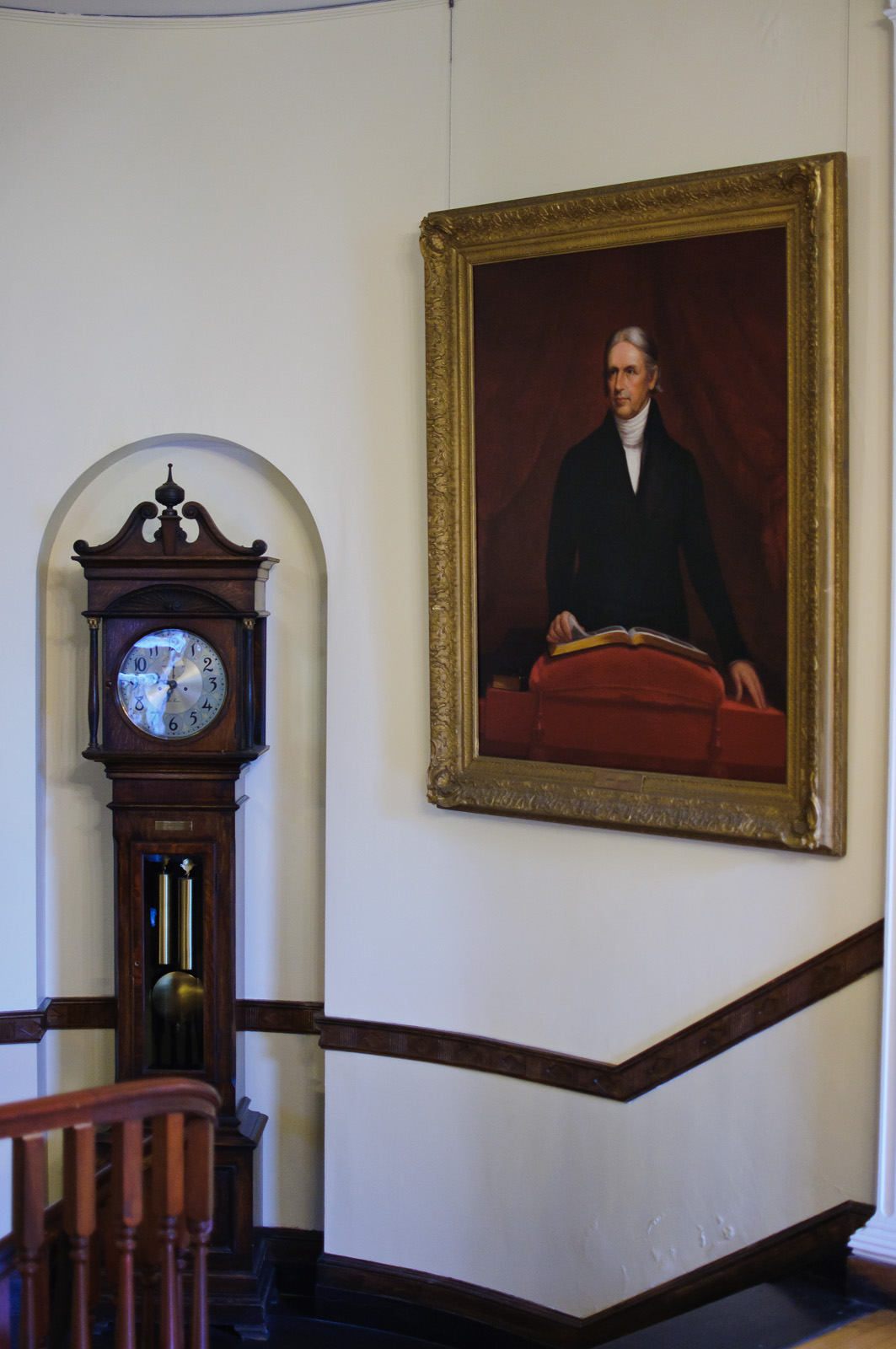“Real happiness is cheap enough, yet how dearly we pay for its counterfeit.”
Manuscript, Sermons; reported in Hoyt's New Cyclopedia Of Practical Quotations (1922), p. 350.
Hosea Ballou D.D. was an American Universalist clergyman and theological writer.
Originally a Baptist, he converted to Universalism in 1789. He preached in a number of towns in Vermont, New Hampshire and Massachusetts. From 1817, he was pastor of the Second Universalist Church of Boston. He wrote a number of influential theological works, as well as hymns, essays and sermons, and edited two Universalist journals. Ballou has been called one of the fathers of American Universalism.
Wikipedia

“Real happiness is cheap enough, yet how dearly we pay for its counterfeit.”
Manuscript, Sermons; reported in Hoyt's New Cyclopedia Of Practical Quotations (1922), p. 350.
Manuscript, Sermons; reported in Hoyt's New Cyclopedia Of Practical Quotations (1922), p. 254.
“Humanity, in the aggregate, is progressing, and philanthropy looks forward hopefully.”
Reported in Edge-Tools of Speech (1886) by Maturin M. Ballou, p. 397.
“Idleness is emptiness; the tree in which the sap is stagnant, remains fruitless.”
Manuscript, Sermons; reported in Hoyt's New Cyclopedia Of Practical Quotations (1922), p. 384.
“As "unkindness has no remedy at law," let its avoidance be with you a point of honor.”
Manuscript, Sermons; reported in Hoyt's New Cyclopedia Of Practical Quotations (1922), p. 828.
Manuscript, Sermons; reported in Hoyt's New Cyclopedia Of Practical Quotations (1922), p. 655.
Manuscript, Sermons; reported in Hoyt's New Cyclopedia Of Practical Quotations (1922), p. 354.
“A chaste and lucid style is indicative of the same personal traits in the author.”
Manuscript, Sermons; reported in Hoyt's New Cyclopedia Of Practical Quotations (1922), p. 758.
Manuscript, Sermons; reported in Hoyt's New Cyclopedia Of Practical Quotations (1922), p. 216.
Reported in Biography of Rev. Hosea Ballou (1854) p. 261.